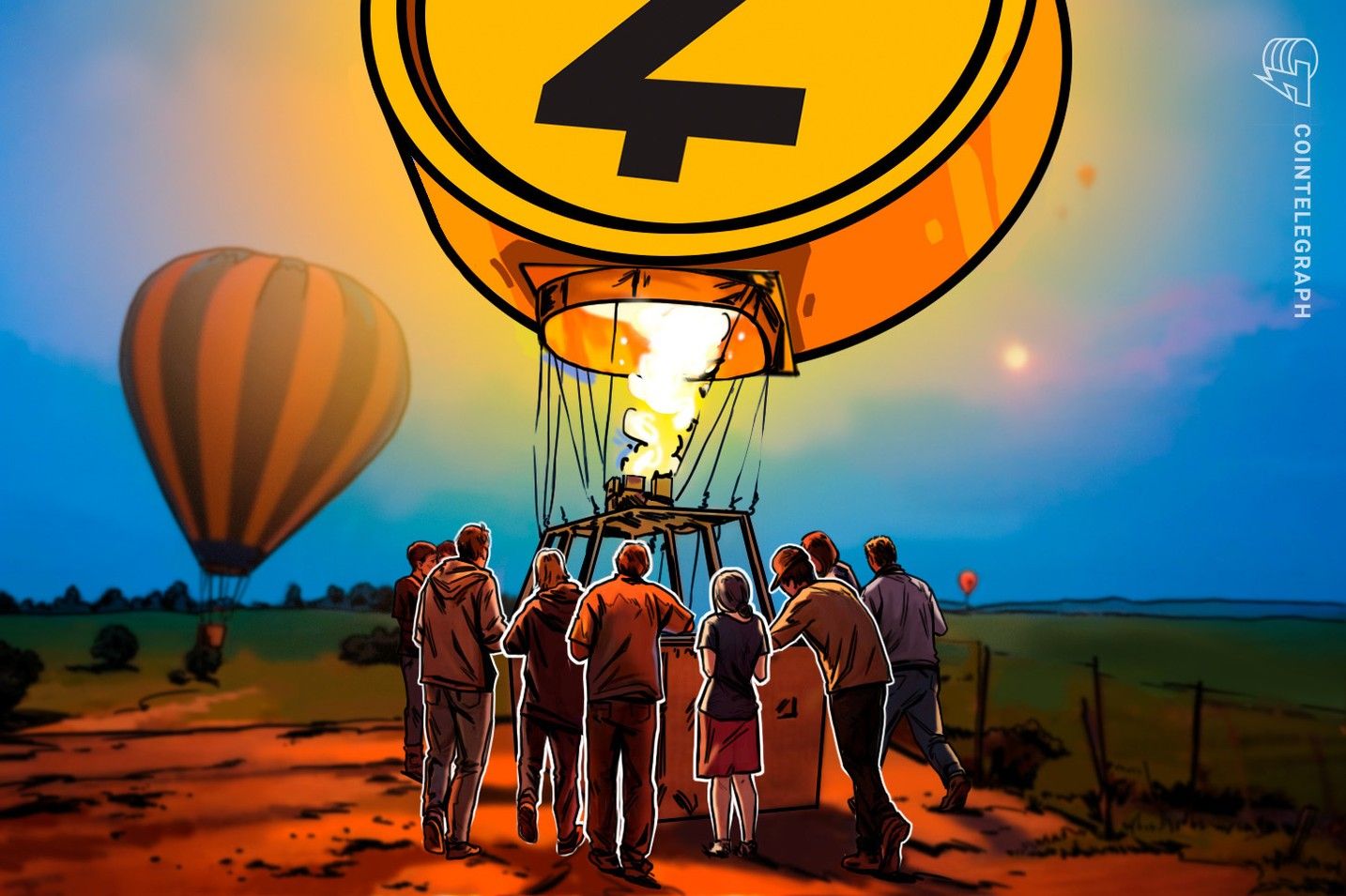Americans Still Optimistic, But Fears of Affordability and Inflation Weigh Heavy
- U.S. consumer sentiment fell to 58.2 in August, below expectations, reflecting economic uncertainty amid inflation concerns. - Persistent inflation and stagnant wage growth have kept confidence below pre-pandemic levels despite core inflation easing. - The index remains above 50, indicating cautious optimism, but declining trends signal potential slowdowns in consumer-driven growth. - Income disparities highlight fragmented outlooks, with lower-income households expressing stronger affordability and job
The U.S. consumer sentiment index, as measured by the University of Michigan’s final reading for August, came in at 58.2, below the expected 58.6. The index, which reflects consumers' confidence in the economy and their personal financial outlook, declined slightly from the preliminary estimate of 58.3. The reading indicates ongoing uncertainty among U.S. consumers, despite broader economic resilience in the second half of 2024 [1].
The decline in consumer sentiment was attributed to a combination of inflation concerns and mixed expectations about future economic conditions. While core inflation has shown signs of easing in recent months, the pace has not been sufficient to restore consumer confidence to pre-pandemic levels. Analysts noted that wage growth remains subdued relative to rising prices, dampening the optimism that might otherwise support spending [2].
Despite the dip, the index remains above the 50-point threshold, which signifies that consumers still maintain a cautious optimism about the broader economy. However, the downward trend from earlier in the year signals a potential slowdown in consumer-driven growth. The final August reading marks a 0.1-point decline from the preliminary figure, which had already reflected a weakening trend in confidence compared to the prior month [3].
The survey highlighted divergent views between those with above-average and below-average incomes, with lower-income households expressing greater concern over affordability and job stability. This disparity has contributed to a more fragmented outlook across demographic groups, complicating the overall economic forecast for policymakers and financial institutions . The survey also indicated that inflation expectations remain elevated, with consumers anticipating higher prices over the next five to ten years [4].
Economists have pointed to the latest reading as a potential cautionary signal for the Federal Reserve as it considers future monetary policy adjustments. Although the data does not suggest an immediate economic downturn, it does underscore the need for continued vigilance in monitoring inflation and employment trends. The University of Michigan survey, known for its accuracy in predicting near-term economic activity, remains a key barometer for assessing consumer behavior and its broader implications for the U.S. economy [5].
Source:

Disclaimer: The content of this article solely reflects the author's opinion and does not represent the platform in any capacity. This article is not intended to serve as a reference for making investment decisions.
You may also like
BTC Storm: Institutional Optimism and Easing Expectations Drive Market Frenzy
ETH price fluctuates sharply: Large orders and macro easing jointly drive a rebound symphony
Can Gas futures alleviate the "cost anxiety" in the Ethereum ecosystem?

Will Zcash's ZEC return to $500 or higher before 2026?
